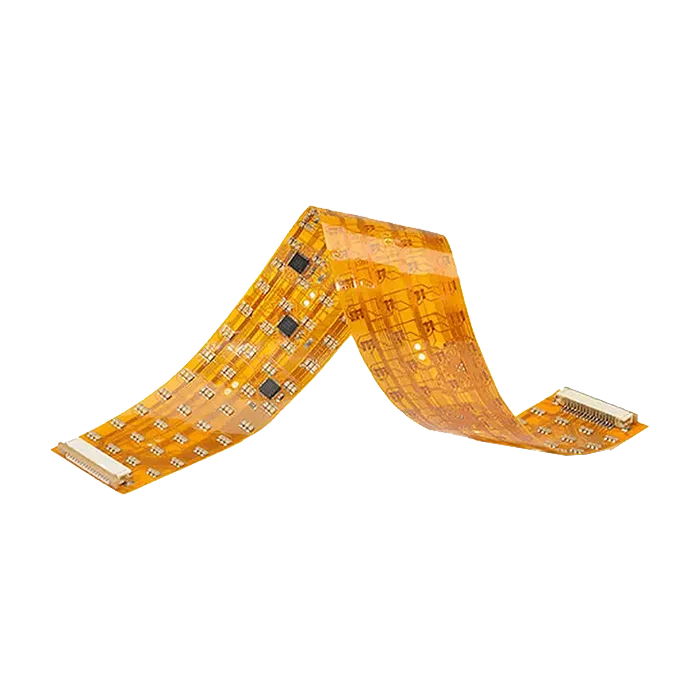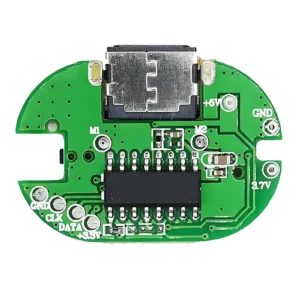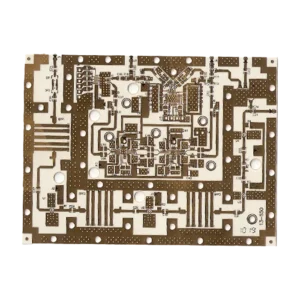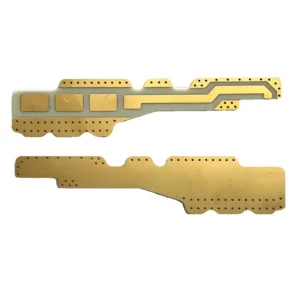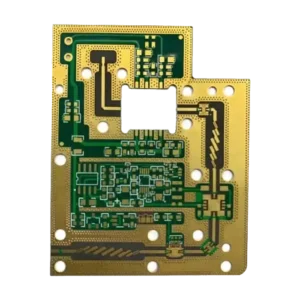Ultra thin flexible PCB for weight-sensitive applications
$45.80
Ultra thin flexible PCB, as its name implies, is thinner than standard PCBs, which is specially designed for cutting-edge applications where space and weight are critical. These flexible circuit boards are generally less than or equal to 0.6 mm thick and have unparalleled flexibility and vibration resistance without sacrificing PCB performance and reliability. Ultra thin flexible PCBs are ideal for aerospace, medical implants, and wearable devices.
Shipping fee and delivery date to be negotiated. Send inquiry for more details.
Your payment information is processed securely. We do not store credit card details nor have access to your credit card information.
Claim a refund if your order is missing or arrives with product issues, our support team would deal with your refund within 24 hours.
| Layer Counts | 2L |
| Base Material | Polyimide (PI) |
| Board Thickness(mm) | 0.3 |
| Max board size(mm) | 250*350 |
| PCB size tolerance | ±0.3mm |
| Min. Hole Size | 0.1mm |
| Min. Line Width | 4mil |
| Copper Weight | 1oz |
| Surface Finish | HASL |
| Certificate | UL, RoHS, ISO, and REACH |
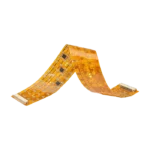 Ultra thin flexible PCB for weight-sensitive applications
Ultra thin flexible PCB for weight-sensitive applications
| 5 star | 0% | |
| 4 star | 0% | |
| 3 star | 0% | |
| 2 star | 0% | |
| 1 star | 0% |
Sorry, no reviews match your current selections
Questions & Answers
1.What is your lead time?
Prototype orders typically take 1–3 days, while mass production requires 7–15 days, depending on the order volume and design complexity.
2.What testing and inspection methods are in place?
We utilize a range of inspection techniques, including AOI, x-ray inspection, in-circuit testing, functional testing, and flying probe testing.
3.What is the common thickness of ultra-thin flexible PCB?
The thickness of ultra thin flexible PCBs is usually between 0.1mm and 0.6mm. These circuit boards use special materials to achieve ultra-thin thickness and reliability under bending or vibration conditions.
4.What materials are used in ultra-thin flexible PCB?
The key materials of ultra-thin flexible PCB include polyimide, thin copper layer, and adhesive.
5.What are the common applications of ultra thin flexible PCB?
Ultra thin flexible PCBs are popular in many applications, such as SIM cards, wearables, IoT devices, sensor cards, etc.

